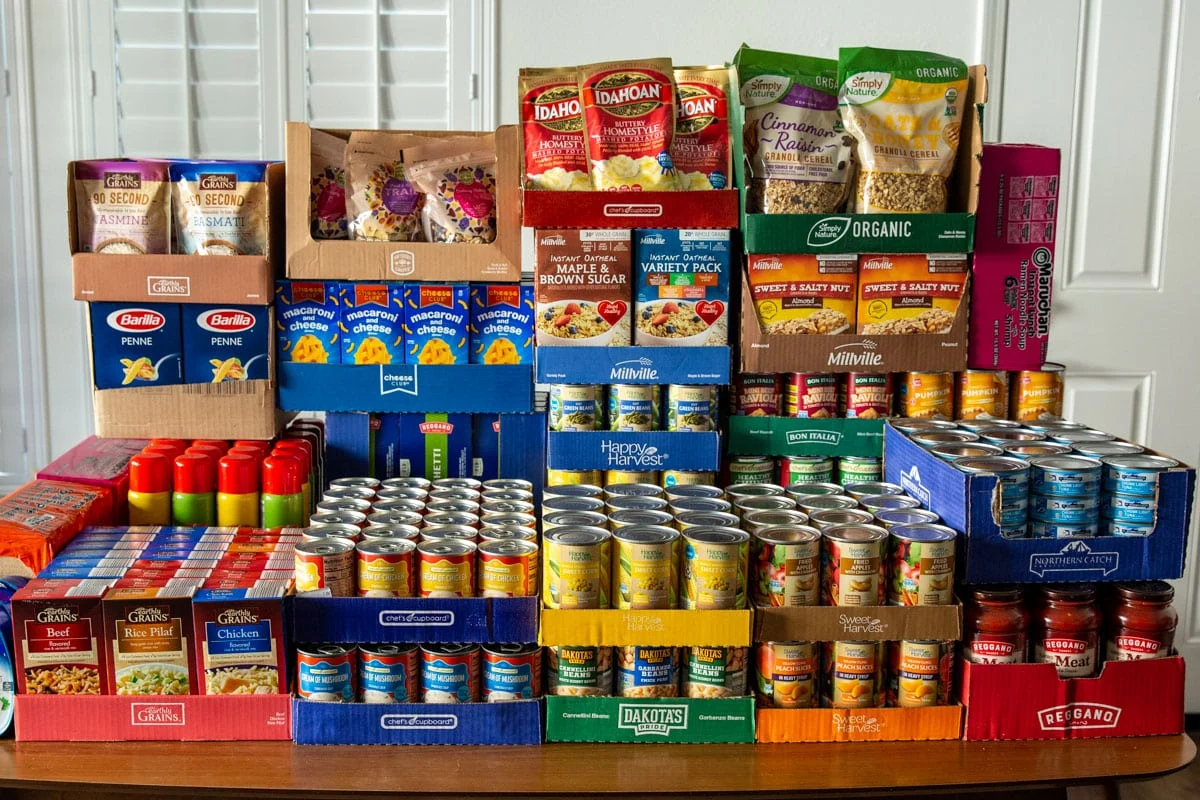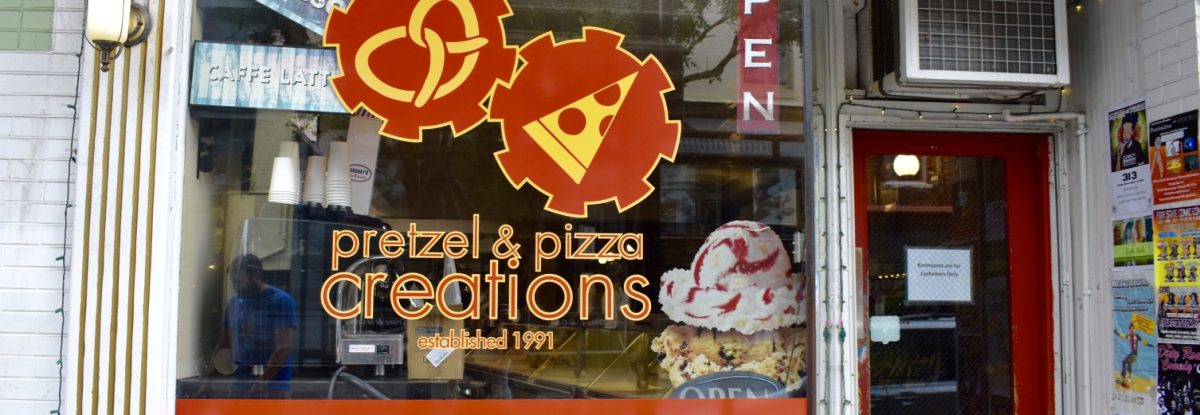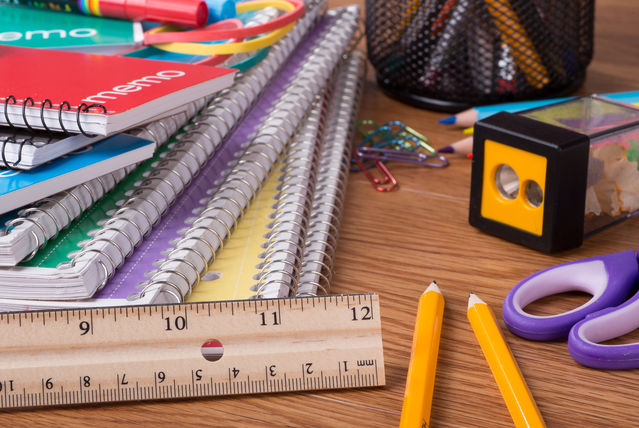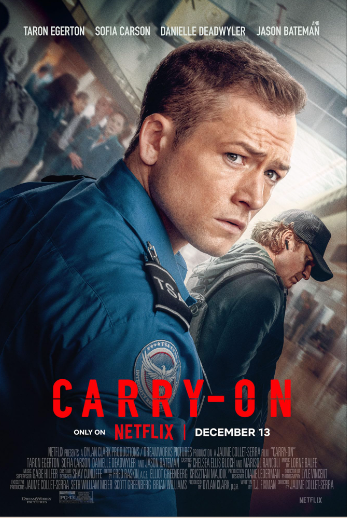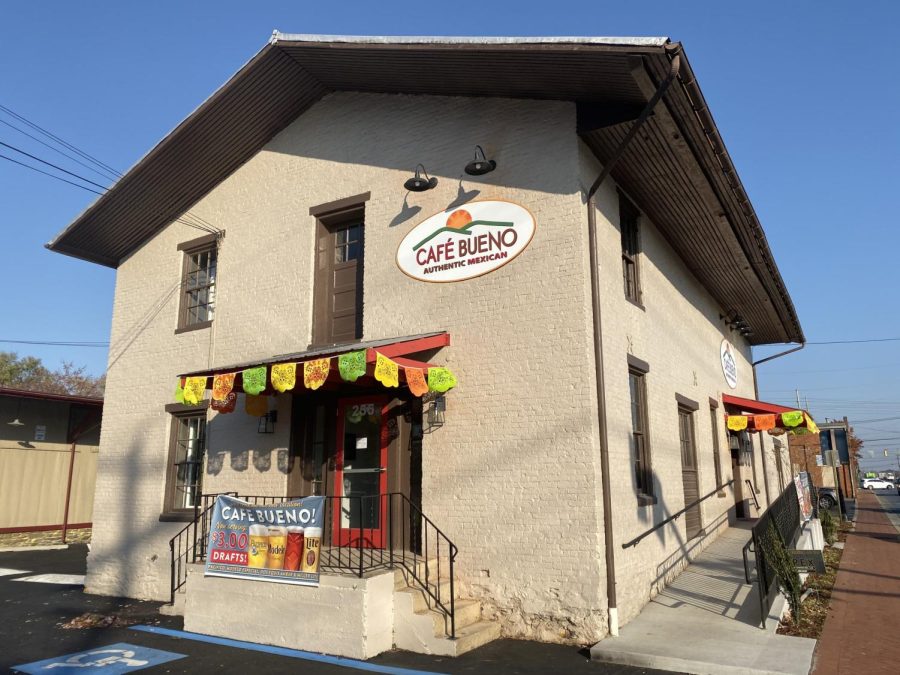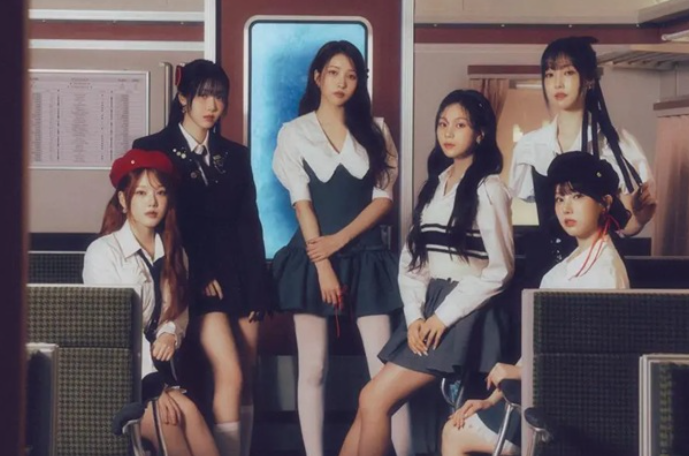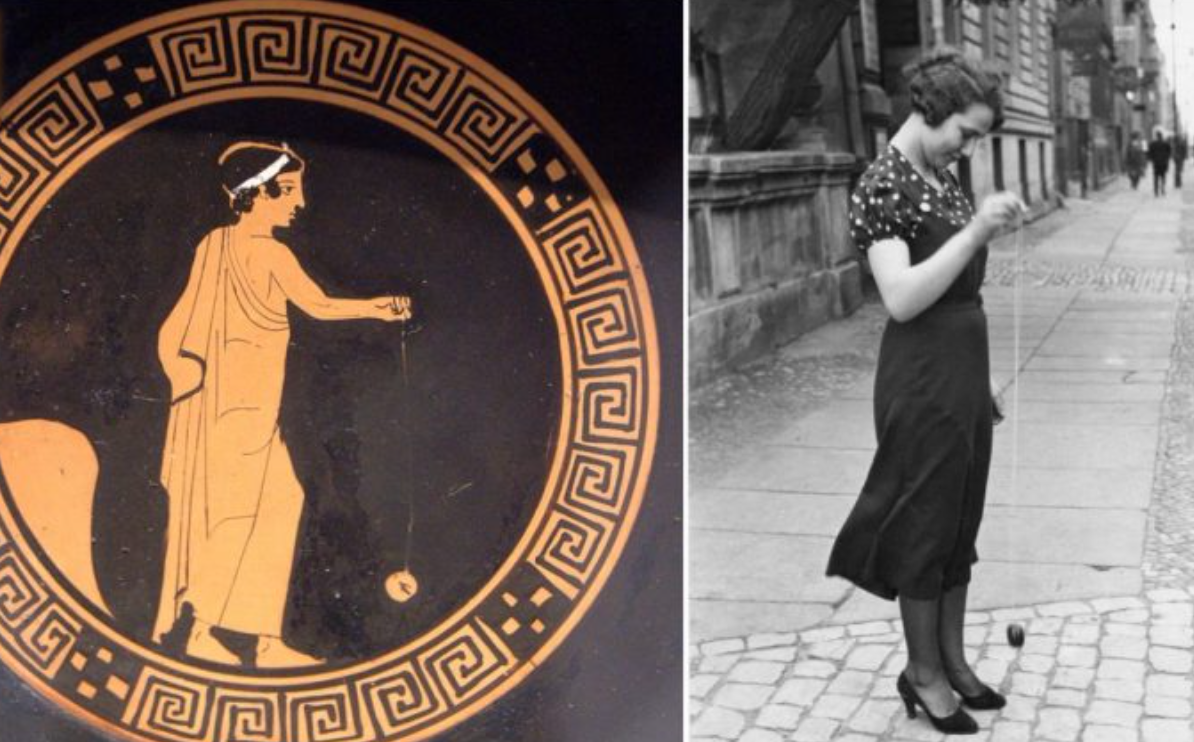Shein is one of the many biggest Fast Fashion companies that rely on trends. Fast Fashion is low quality items that are rapidly produced in order to keep up with the current trends. Fast Fashion is becoming more and more popular- it’s cheap because workers are not paid correctly.
The various issues with Shein are becoming bigger and gaining attention. There are poor working conditions and low wages for factory workers in Singapore, where their headquarters are located. Supporting brands that exploit workers raises ethical concerns as it is a major violation of basic human rights. A man who has been working with sewing machines for over 20 years states, “I work every day from 8 in the morning to 10.30 at night and take one day off each month. I can’t afford any more days off because it costs too much.” This is a statement said by a man who has been working with sewing machines for over 20 years. This interview took place at the Shein West in Nancun Village, located in the greater Guangzhou area in Southern China.
Public Eye reported fixing the problems in 2021, but still failed to lessen workers’ workload. “The 75-hour weeks that we found out about two years ago still seem to be common at Shein,” the Swiss organization said.
Shein’s production process also contributes to pollution. Since they follow trends, people tend to wear the clothing pieces for a few days then toss them out. People should care as climate change and environmental issues are pressing concerns. Fast Fashion encourages rapid disposal of clothing, leading to mountains of waste. It ends up in landfills, where they can take years to decompose. The manufacturing process involves chemicals that can pollute water sources and harm the ecosystems which will impact Climate Change leading to severe weather, habitat loss and biodiversity decline.
Shein has been accused of stealing other artists’ designs and calling them their own- this undermines the rights of the creators in the Fashion Industry. Some artists have taken it in their own hands and have sued Shein and their sister company Romwe.
Shein is not a bad place to shop, but it is bad for the workers and environment. It’s good for those who don’t have hundreds to spend on one pair of clothing. Stores like H&M, American Eagle, and target- mostly expensive stuff for cheap items. It’s also all on the internet. There’s no need to go in the store, and you have access to everything on one app. Shein not only has clothing, but they have: toys, makeup, school supplies and more for low prices.. They even have a wide variety of items for plus size and men. You can also become a brand ambassador; when you buy items you get points for reviews. When you get enough points you can use them to lower your costs more. Shein sends influences free items, they review them and those items blow up even more.
There are dozens of customer reviews that stand with Shein. Websites and social media platform![]() s often feature reviews where shoppers share their experiences, highlighting both the excitement of trendy purchases and disappointment over quality. Platforms like TikTok showcase both “Shein hauls” showing purchases and discussions around the ethical implications of shopping from fast-fashion brands.
s often feature reviews where shoppers share their experiences, highlighting both the excitement of trendy purchases and disappointment over quality. Platforms like TikTok showcase both “Shein hauls” showing purchases and discussions around the ethical implications of shopping from fast-fashion brands.
A possible solution could be to encourage people to research brands before buying. Shein could focus on improving the quality of its products, ensuring that items last longer and reduce waste. Shein could explore partnerships with second-hand platforms, encouraging customers to resell items they no longer want, promoting a circular fashion economy. Some long term solutions are advocating for stronger regulations on labor practices and environmental standards within the fashion industry, pushing brands to comply with ethical guidelines.
Shein is good in the sense that it is cheap and affordable, but not for the way they treat their workers. Regardless of the company, everyone should be cautious of the brands they are buying from.











